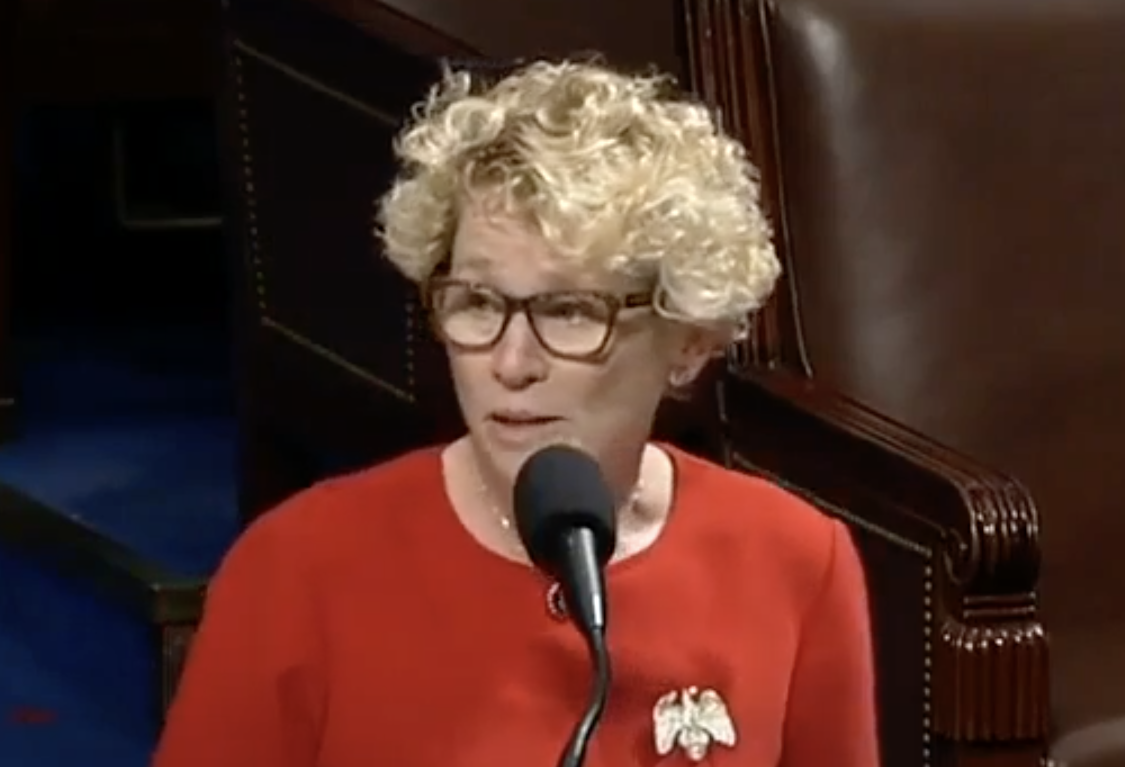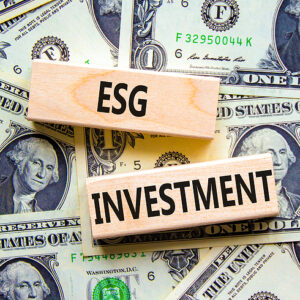DelVal Dems Stand With Biden on ‘Woke’ Investment Rule

Every Democrat in the Delaware Valley delegation voted to uphold President Joe Biden’s veto protecting his administration’s pro-ESG investing rule, the first veto of his presidency. Critics say those votes ignore the key role the energy sector, a top target of ESG activists, plays in Pennsylvania’s economy.
Congress passed a bipartisan resolution reversing the Biden Labor Department’s revision to Employee Retirement Income Security Act (ERISA) rules. According to Richard Morrison, a senior fellow at the Competitive Enterprise Institute, under the old rule, managers of private retirement funds “had to invest with the best interests of your beneficiaries as the priority.” The Trump administration reiterated this “fiduciary first’ stance with a 2020 rule, but Biden has now reversed it.
“The Biden administration said, ‘Well, actually, you can use environmental and social factors to guide investment decisions even when investing for retirees.’ You still have a responsibility to the beneficiaries, but it opens the door for these other investment decisions.”
ESG investing often involves diverting funds from fossil fuel companies, which is particularly problematic for Pennsylvania. The Keystone State ranks second in natural gas production behind Texas and third in coal production (after Wyoming and West Virginia.)
When queried about Biden’s veto, the White House did not respond, including whether or not the president believes investment decisions driven by global warming concerns make financial sense for retirement funds.
Gordon Tomb, a senior fellow at the Pennsylvania-based Commonwealth Foundation, told DVJournal that “any action that might encourage such ESG criteria as the imagined threat of global warming to be included in the investment decisions of financial managers is foolish.”
It could also be costly for retirees, according to a report from Bloomberg that “Global ESG funds have underperformed the broader market in the past five years, returning an average of 6.3 percent per year, compared with 8.9 percent for broader funds.”
“An investor who put $10,000 into an average global ESG fund in 2017 would have $13,573 today, roughly $1,720 less than if they’d put it into a non-ESG portfolio,” Bloomberg reported.
Samantha Heckel, press secretary for Pennsylvania Treasurer Stacy Garrity, said the state’s guidelines for investment funds under the treasurer’s control are narrowly focused.
Pennsylvania law, Heckel said, requires the state treasurer to ensure that investment decisions “preserve the capital,” “meet the liquidity needs,” and “earn a reasonable, risk-adjusted return on the investment.”
“That language does not currently apply to the state pension funds,” Heckel said, “but Treasurer Garrity would support an amendment to do so.”
Garrity previously told DVJournal that “the only goal [she has] is to protect the interests of the taxpayers.”
“Those who support ESG tend to care less about returns and more about policy goals,” she argued.
Delaware Valley Democratic Reps. Madeleine Dean, Chrissy Houlahan, and Mary Gay Scanlon voted against the ESG repeal resolution, as did U.S. Sen. Bob Casey (D). The three House members also voted to sustain Biden’s veto last week.
Rep. Brian Fitzpatrick (R) supported the ESG rule repeal.
And state Sen. Gene Yaw (R-Bradford) earlier this month indicated his opposition to ESG rules when proposing the creation of a state-level Independent Energy Office.
“I believe most Republicans and Democrats in the Pennsylvania legislature agree that we can advance policies that promote energy development and protect our environment simultaneously,” Yaw said.
Please follow DVJournal on social media: Twitter@DVJournal or Facebook.com/DelawareValleyJournal




